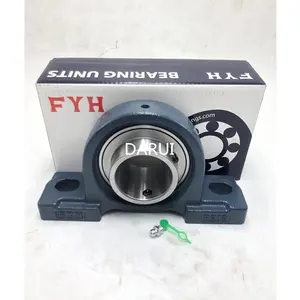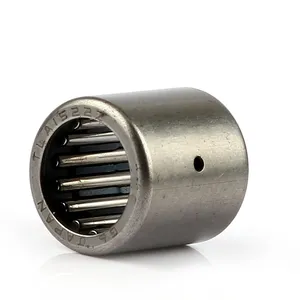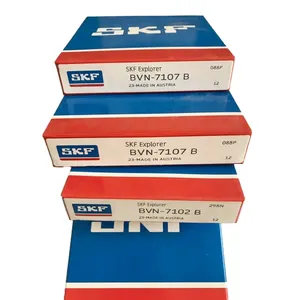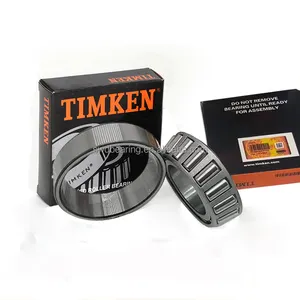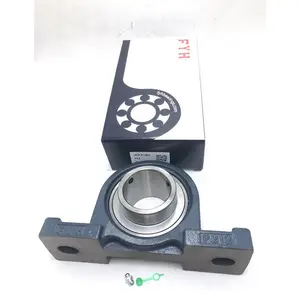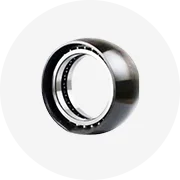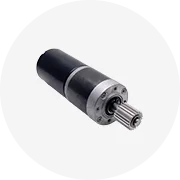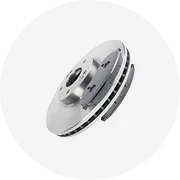Popular in your industry
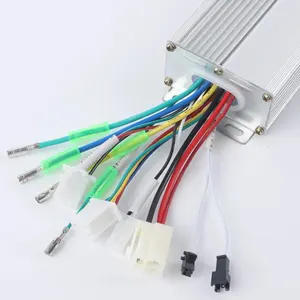



















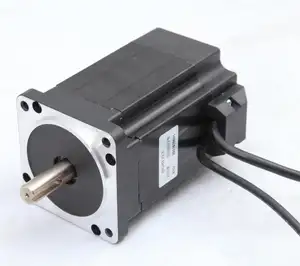

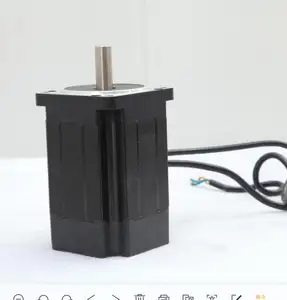

















































Top categories
About 48v 4000w brushless motor controller
Introduction to 48v 4000w Brushless Motor Controllers
The 48v 4000w brushless motor controller stands as a pivotal component in the realm of electric motor management. This category encompasses devices designed to modulate and direct the performance of motors in various applications. Brushless motor controllers are integral in systems requiring precise control of motor speed, torque, and position.
Types and Applications
Different types of brushless DC motor controllers cater to a broad spectrum of applications. From e-Bike propulsion to intricate industrial machinery, these controllers facilitate the seamless operation of equipment. In the agricultural sector, they are crucial in hydroponic setups, while in the manufacturing industry, they are employed in CNC machines and data drives.
Features and Materials
A 48v motor controller is characterized by its robust construction and the use of durable materials, ensuring longevity and consistent performance. The controllers are equipped with advanced features such as programmable interfaces, thermal protection, and efficient heat dissipation mechanisms.
Advantages of Brushless Motor Controllers
The advantages of using a high-power brushless motor controller are manifold. They offer enhanced efficiency, reduced maintenance due to the absence of brushes, and improved reliability. Additionally, these controllers provide superior speed control and are well-suited for applications demanding high precision.
Choosing the Right Controller
Selecting the appropriate electric motor controller is crucial. It is essential to match the controller with the motor type, considering factors such as voltage, power rating, and compatibility with the application's specific requirements.
Integration in Control Systems
Integrating a brushless motor speed controller into a control system allows for refined manipulation of motor functions. This integration is vital in creating efficient and responsive control systems across various technological and industrial domains.
